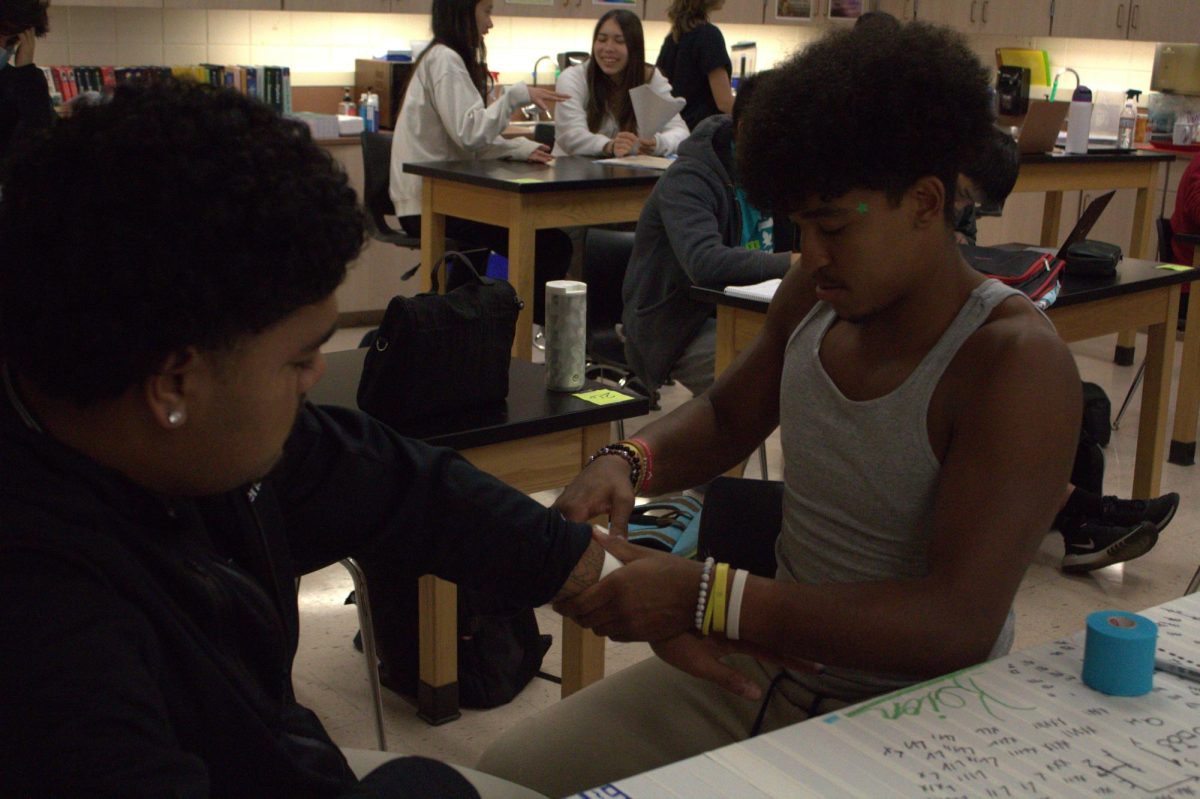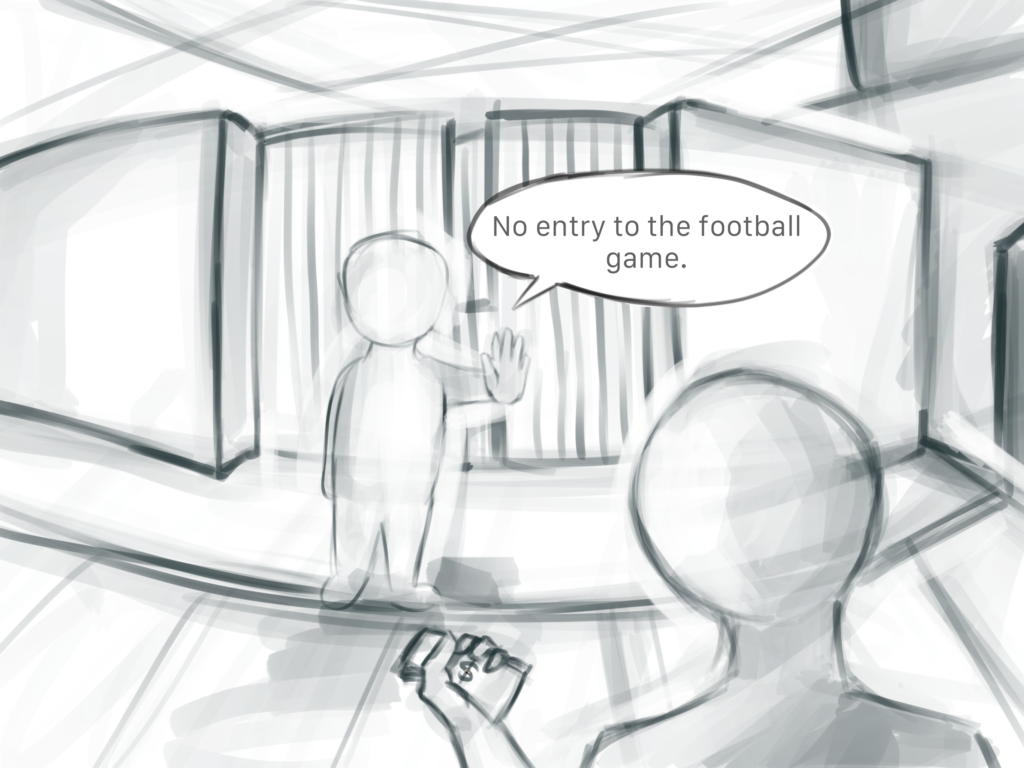The days of lining up at the ticket office outside the field before a game are long over: For fans of the school’s sports teams, GoFan — an online ticket purchasing portal — is now the only way to buy a ticket.
Lately, our campus has become much more oriented to favoring (or accepting only) credit cards and digital wallets. From the cafeteria to vending machines, it’s possible to use your phone to pay for anything and everything. This is wonderful, right?
Wrong. While both credit cards and programs like Apple Pay make it easier to spend, research confirms that people often spend substantially more when using a card than they would spend with cash — therefore making it harder to save.
Additionally, for students who don’t have a credit card or Apple Pay, paying for admission to games or other fundraisers can be a hassle and deter them from attending, worsening our already low school spirit and attendance rates.
Outside of Saratoga, going cashless is a problem our society has to quickly decide how to respond to. Defenders of the “cashless future” claim that going cashless improves efficiency, helps eliminate fraud and is better for public health in the wake of the pandemic. But the biggest benefactors of going cashless are not consumers — rather, credit card companies stand to gain the most as their profit margins soar from charging high interest rates.
Going cashless especially harms the poor, homeless and what New York, Philadelphia and San Francisco call the “unbanked” — citizens who solely use paper currency. The “unbanked” make up 1 in 15 U.S. households — or nearly 7% — and an additional 20% are classified as “underbanked,” meaning these citizens had a bank account but resorted to using money orders or other physical forms of payment for transactions.
Additionally, going cashless hurts citizens because of America’s weak privacy laws: By making purchases through credit cards, Apple Pay or any other electronic payment, citizens become more susceptible to information about their spending habits being used by large corporations.
There is one caveat. While some small businesses in unsafe areas are justified in going cashless to deter hold-ups or counterfeit currency — large businesses should still accept cash.
Whether you look at it from a societal or a personal perspective, going cashless has multiple advantages. Especially in the wake of COVID-19, it’s important to do what we can to make the world safer for everyone. But eliminating cash as an option to pay in favor of solely cashless methods just puts more burdens on people who are already scraping by to survive.


























